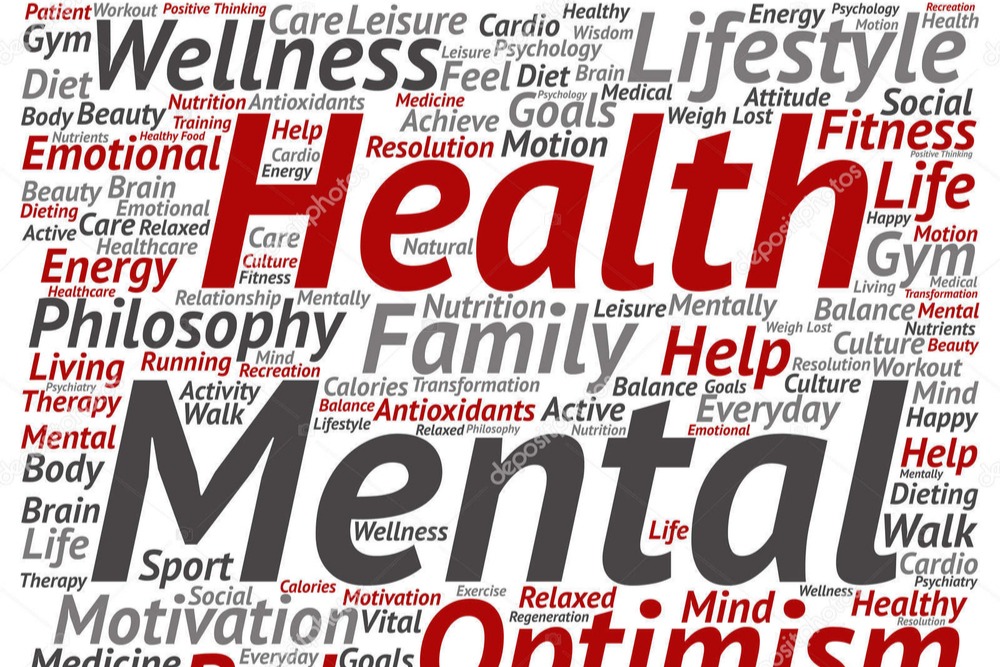Think about it. Your brain is always “ON” means it has many things to think and worry about. It takes care of your thoughts and movements, your breathing and heartbeat, your senses — it works hard and continuous 24/7, even while you’re asleep. This means your brain needs a constant supply of fuel. That “fuel” comes from the foods you eat on daily bases — and what’s in that fuel makes all the changes. In simple terms, what you eat directly affects the structure and function of your brain and, eventually, your mood.
Like an expensive car, your brain executes best when it gets only premium fuel. Eating high-quality foods that fulfil with lots of vitamins, minerals, nutrients and antioxidants nourishes the brain and saves it from oxidative stress — the “waste” produced when the body uses oxygen, which can harm cells.
Unfortunately, just like an expensive car, your brain can be harm if you ingest anything other than premium fuel. If materials from “low-premium” fuel get to the brain, it has little capability to get rid of them. Diets high in refined sugars and it is harmful to the brain. Moreover to aggravating your body’s regulation of insulin, they also assist inflammation and oxidative stress. There is connection between a diet high in refined sugars and impaired/damaged brain function — and even a worsening of symptoms of mood disorders, such as depression, stress, anxiety.
What is nutritional psychiatry?
Depending on result that affects our mood, Nutritional Psychiatrists, unlike regular psychiatrists, include food into their overall treatment plans. Nutritional Psychiatry is a growing field of nutrition, dietetic and psychological sciences that explores the changes that nutritional interventions can make to one’s mental health. Nutritional psychiatry leans on particular nutrient-packed foods—those filled with vitamins, minerals, antioxidants, fiber, pro- and prebiotics, and protein—while cutting way back on nutritionally “empty” foods. All these planned for lessen brain inflammation, better regulate serotonin and dopamine, and influence a host of other mood-boosting reactions.
The aim of nutritional psychiatry is to include food into various mental health treatments in a responsible manner.
What is healthy eating?
Healthy eating means taking a variety of quality foods that offers you the nutrients you need to maintain your health, feel good, and have energy. These nutrients contain protein, carbohydrates, fat, water, vitamins, and minerals.
Nutrition is very important for everyone. Staying physically active to keep healthy weight and eating well are the great ways to help your body stay strong and healthy. What you’re eating on daily bases may impact on your immune system, your mood, and your energy level.
How to Start Eating Healthy
Here are simple tips to start eating healthy.
1. Eat more vegetables and fruits
2. Limit processed foods
3. Read labels
4. Stop eating refined CARBS.
5. Avoid vegetable oils and spreads
6. Stay away from added sugar in any form
7. Limit alcohol consumption
8. Substitute vegetables in recipes
9. Avoid packaged snack foods
10. Make water your primary beverage
Foods to boost brain function
The foods we eat daily bases can have a large impact on the structure and health of our brains. Taking a brain-boosting diet can help both short- and long-term brain function.
The brain is an energy-concentrated organ, using up to 20 percent of the body calories, so it needs plenty of good fuel to maintain concentration all over the day.
Taking a healthy, proper balanced diet that contains following everyday brain-boosting foods may assist to keep your memory, concentration and focus as sharp as can be.
- Oily fish
- Dark chocolate
- Berries
- Nuts and seeds
- Whole grains
- Coffee
- Avocados
- Peanuts
- Eggs
- Broccoli
- Tomatoes
- Blackcurrants
- Pumpkin seeds
- Sage
Benefits of Healthy Eating
- May help you live longer.
- Keeps skin, teeth, and eyes healthy.
- Supports muscles.
- Boosts immunity.
- Strengthens bones.
- Less risk of heart disease, type 2 diabetes, and some cancers.
- Supports healthy pregnancies and breastfeeding.
- Helps the digestive system function.
Things to consider regarding food and mental illness
Mental illness is serious illness. Sometimes, it can even be life-threatening. If you are facing with mental health issues, talk to your family doctor. Do not just try to handle your mental health problems by changing your diet. Your doctor can assist you find the right type of treatment and support. He or she can also discuss in case improving your diet could improve your mental health.
Questions to ask your doctor
- How can I use proper food and nutrition to improve my mood?
- Do I require changing my eating habits to feel better?
- Should I follow a specific diet?
Nutritional therapy and hydration
The recommended eight to ten-glasses-a-day advice (approx two litres) can be used as a general guideline for your water intake. Alongside consideration of your individual dietary needs. The particular amount of hydration needed varies from person to person, so it’s important to tune into your whole lifestyle when considering how much water is sufficient hydration for you.
If you are worried you’re drinking too much water, or too little, it can be helpful to speak to a nutritional therapist who can work through your hydration needs.
Healthy Eating Tips for Brain Health
- Stay away from processed snack foods, such as potato chips, which can weaken your capability to concentrate. Sugar-full snacks, such as candy and soft drinks, which contribute to ups and downs in energy levels.
- Consume enough of healthy fats, such as olive oil, coconut oil and avocado. This will support your brain function.
- Have a healthy snack when hunger hits, such as fruit, nuts, hard-boiled eggs, baked sweet potatoes. This will offer you more energy than packaged products.
- Develop a healthy shopping list and stick to it on daily bases.
- Don’t shop during hungry, since you’ll be more apt to make unhealthy impulse purchases.
- Think about where and when you eat. Avoid eat in front of the television, which can be distracting and cause you to overeat. Instead, find a place to sit, relax and really observe what you’re eating. Chew slowly. Savor the taste and texture.








